Chefs in the City: Loren Abramovitch
For this Broadcast series, Pioneer Works Supper Club chefs and collaborators are asked what small businesses they frequent—in a celebration of city life, good food, and all things local. In the process, we learn more about their background, their worldview, and what day-to-day activities inform their creative, culinary practice.
About LEV
Loren Abramovitch and Daniel Soskolne make up the chef duo LEV, which means “heart” in Hebrew. Native Israelis, Loren grew up in Yodfat, a small village in Galilee, while Daniel grew up in Jerusalem. They followed parallel culinary paths, with both studying in Italy; Loren worked in Turin at a local trattoria, while Daniel apprenticed in a restaurant on the island of Ischia. They finally crossed paths in the kitchen of renowned Israeli chef Eyal Shani at HaSalon restaurant in Tel Aviv. Under Shani’s tutelage, they explored local produce by foraging wild herbs and plants, and extensively scouring the markets of Jerusalem and Galilee together.
Separately, they made their way to New York and formed LEV in 2014 to share their site-specific and spontaneous way of cooking. With LEV, Loren and Daniel have combined their roots, values, and life’s work. Their cooking is the alchemy of intention, curiosity, and pure ingredients.
With life, like work, they are synchronized in the most natural and beautiful of ways. Family men, both welcomed their second children into the world last year. Loren’s wife Alicia Mersy, a new media artist and filmmaker, was a Pioneer Works tech resident in 2019, the same year Mor Mendel, Daniel’s wife, choreographed and performed Tamar Ettun’s Dead Sea at the space. In a series of coincidences, the performance happened to premiere the same week LEV cooked in the garden for Summer Solstice.
LOREN ABRAMOVITCH: BROOKLYN
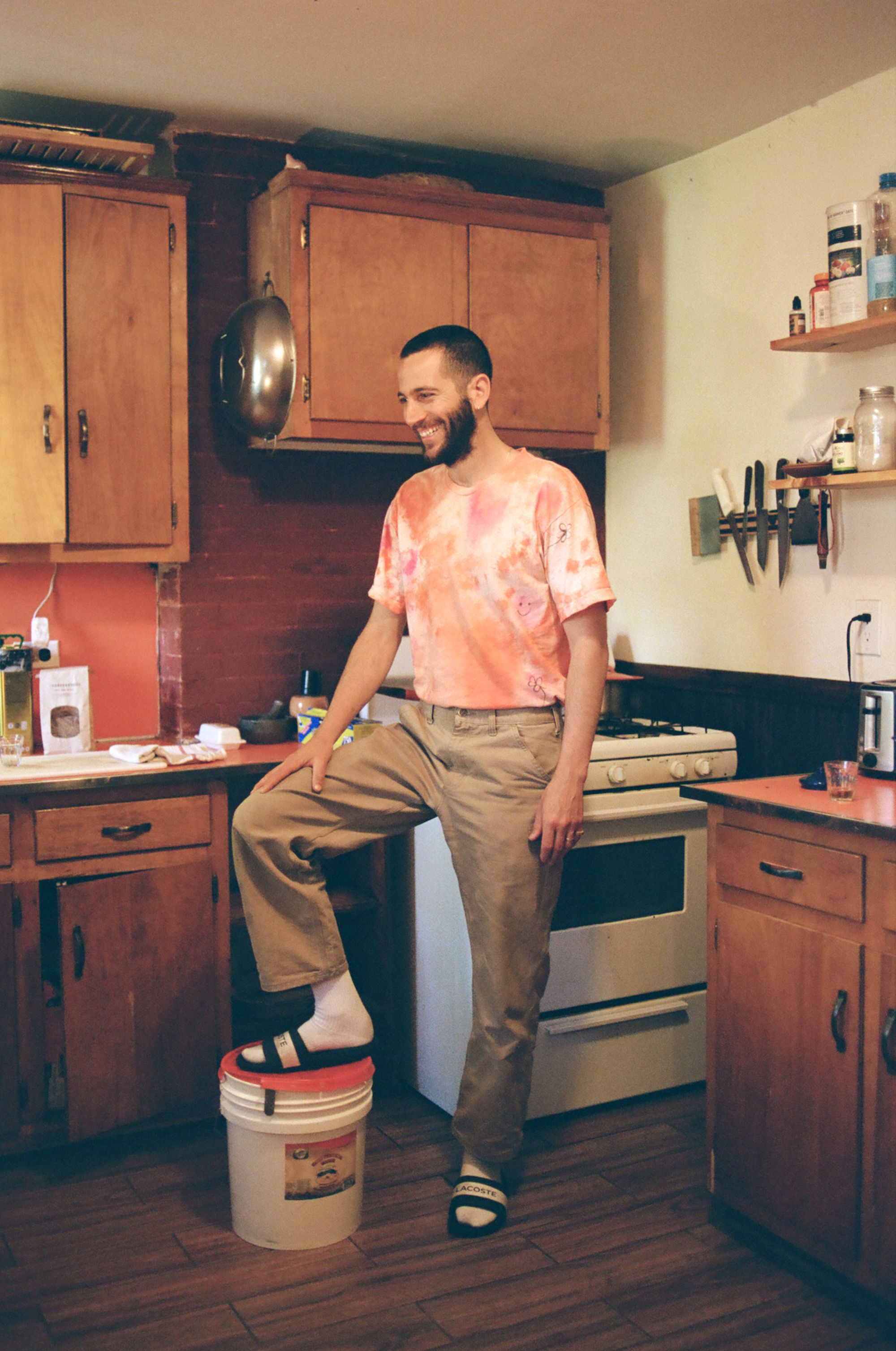
Loren and I spent the day going around Brooklyn to his favorite businesses, where he sources ingredients for both his home and LEV.
“I'm looking for shops that sell things similar to the customs of where I come from, whether that’s where I get my vegetables or meat or bread. I grew up in a village with only a small supermarket. Every Friday when we would need to make a big meal for Shabbat, I would go to the Arab villages and cities, gathering all the ingredients. These trips and my relationships with the farmers, fishermen, and butchers influence my cooking to this day. I would always ask them for advice: what do you do with this cut of lamb? What’s your technique to grill fish? We made each other taste what we cooked. I still carry a part of these people in me and in my cooking. I am abroad and people assume that just because I am Israeli I only cook Israeli food. In fact, my food is a combination of Italian, Turkish, French, Palestinian, and Israeli cuisines. As an Israeli cook in New York, I understand how important it is to especially say thank you to Palestinian culture and cuisine.”
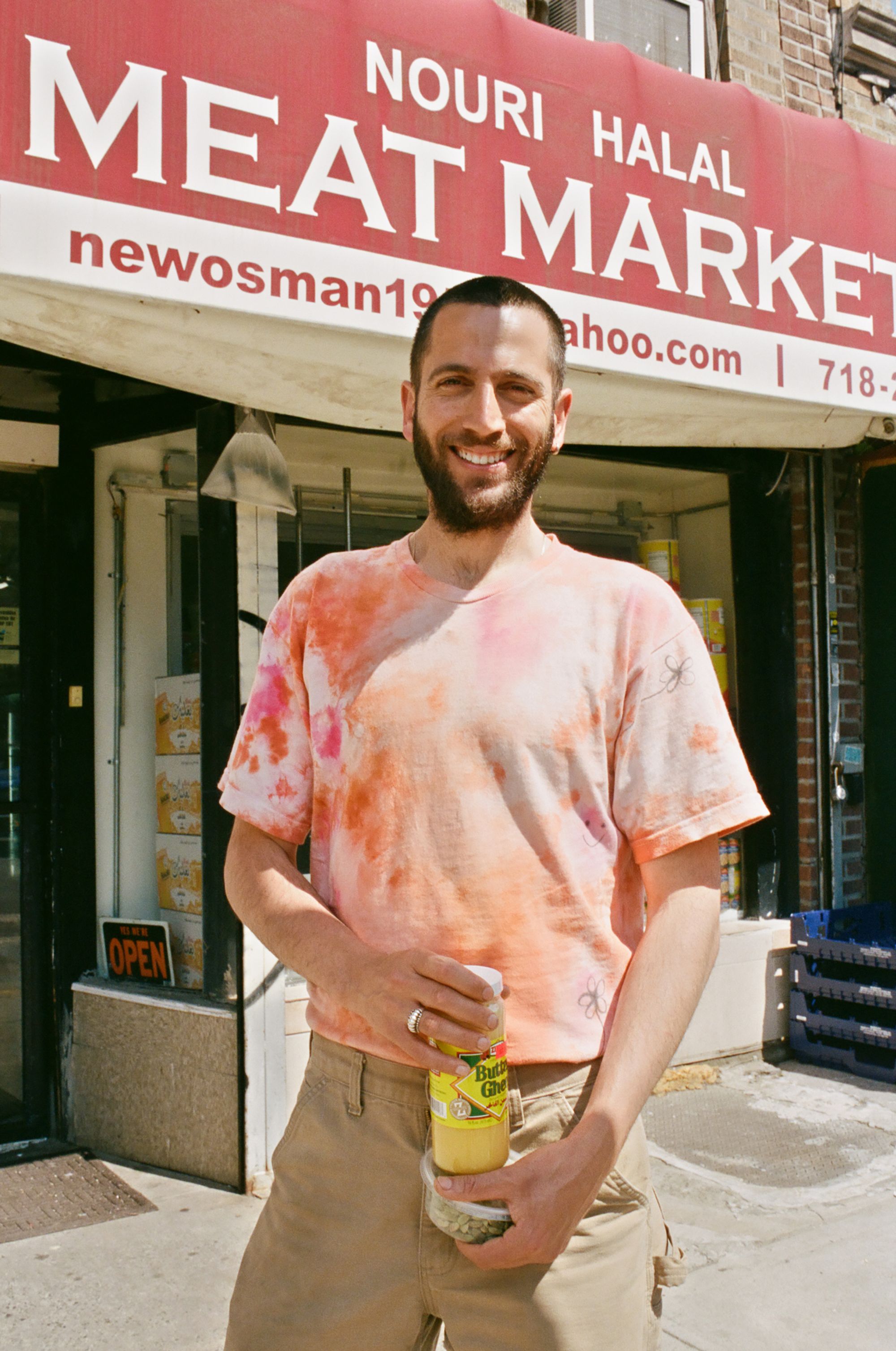
Halal Nouri Meat Market:
1257 Bedford Ave, Brooklyn, NY 11216
“I go to Halal Nouri Meat Market before I have a big event where I need a whole lamb. I come here because it reminds me of “abu- Halil,” the butcher I grew up with in Sakhnin. They sell only lamb; it’s a one stop shop for it! It’s Halal, which is like Kosher for Muslims. When you butcher animals there are many ways to cut it.
I like Halal butchers because they make the same cut I’m used to, from back home. American butchers cut differently. When I came to New York I realized lamb shoulder here is not the same as what I am used to. Even if I go to the best butcher place in Brooklyn or a fancy place like Eataly, they have very good beef but I don't like their lamb. Americans slaughter lamb when the animal is older, at about fifty pounds and not forty. It's not a lamb anymore then, you know? It’s something else.
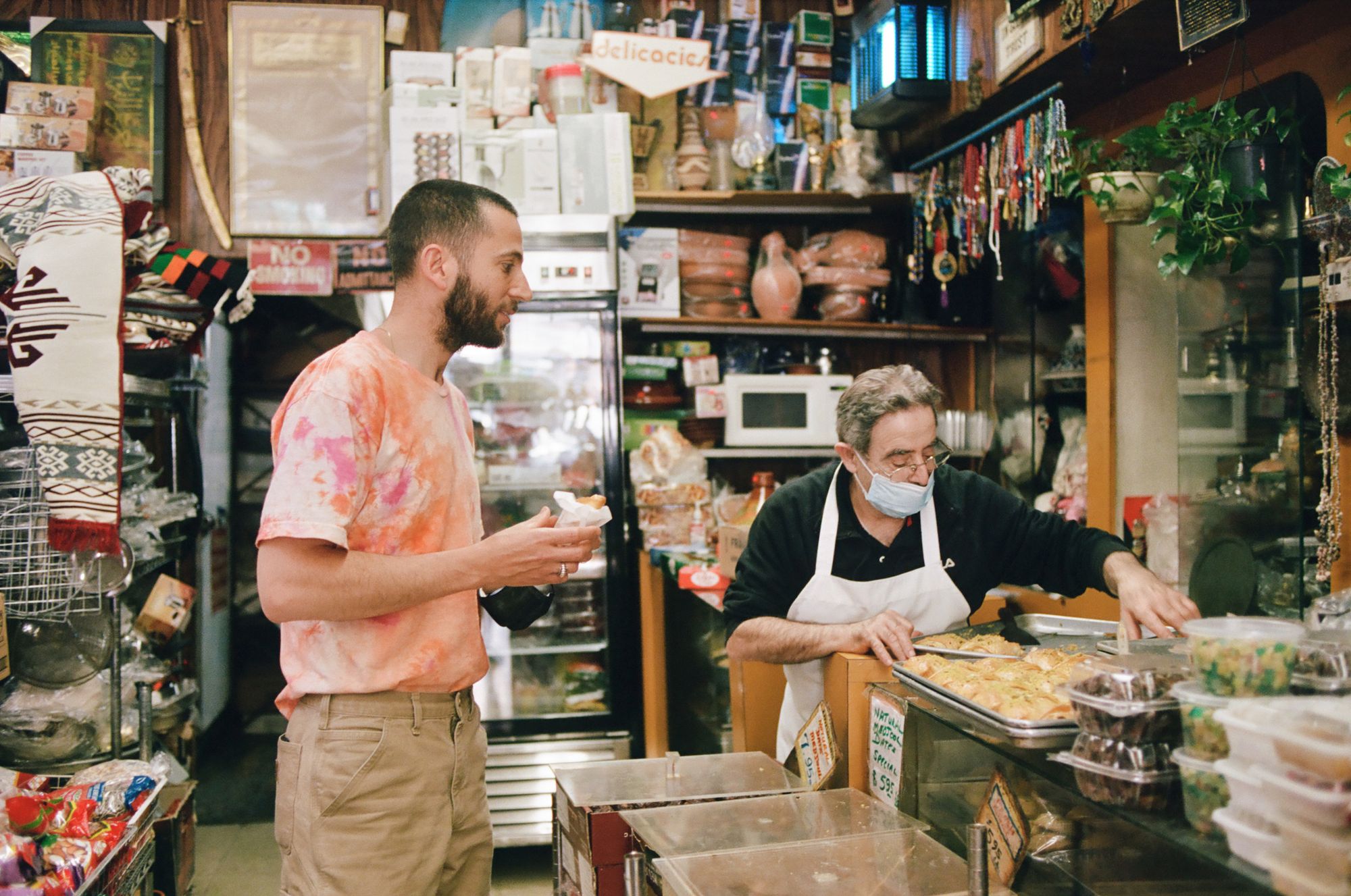
Oriental Pastry & Grocery:
170 Atlantic Avenue, Brooklyn, NY
“Oriental Pastry is owned by a Syrian guy who makes a lot of stuff. First of all, pastry. The one that he’s most proud of is like a phyllo dough with cheese curd inside. And he has just an amazing shop. It has everything: pantry staples like spices and coffee; I buy preserved grape leaves from him. It’s things you can’t get anywhere else. These guys are nice. I like the vibe. And I love his olives. I love his pickles. So I go out of my way for that and for him; I like our conversations."
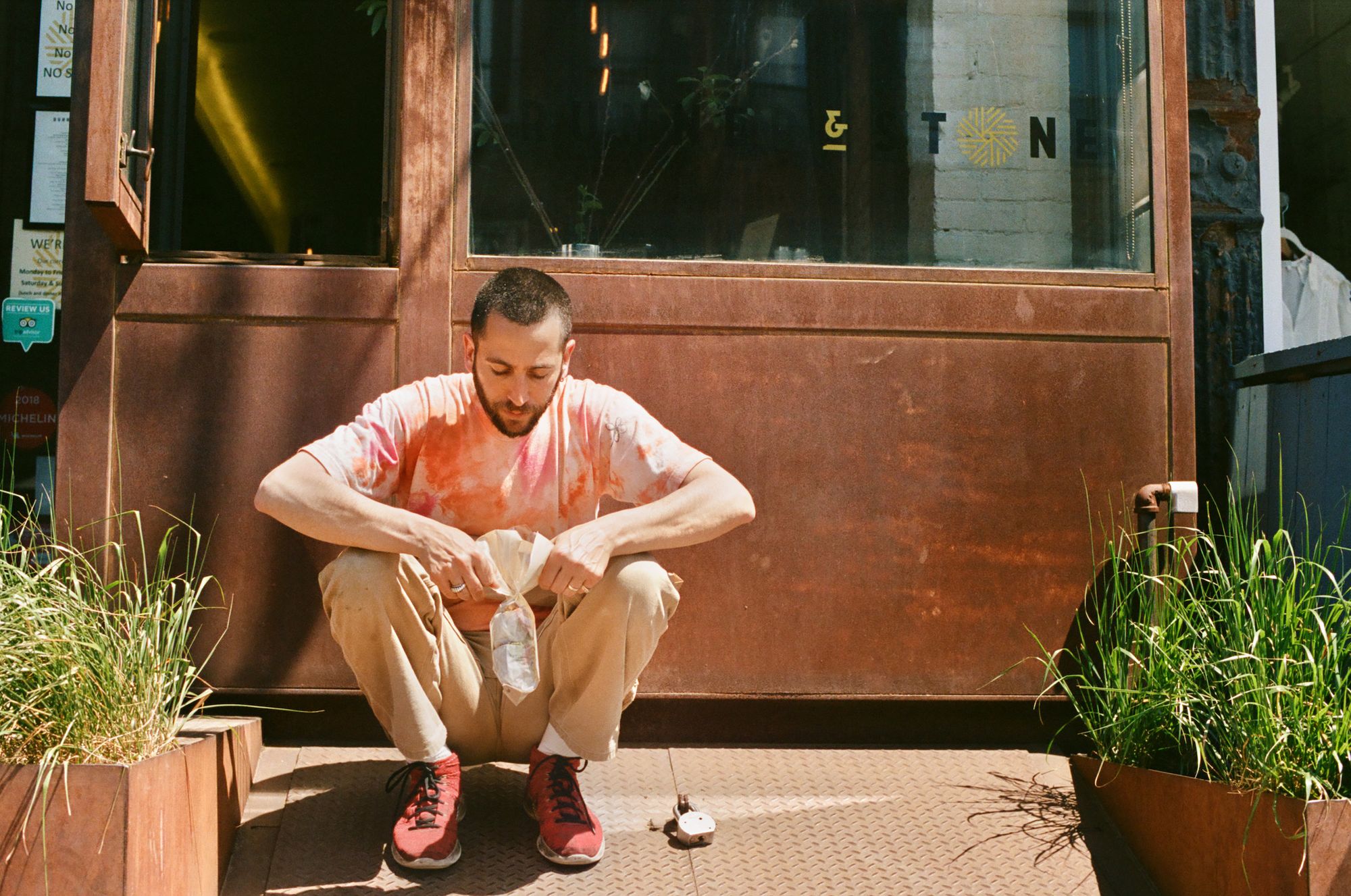
Runner and Stone:
285 Third Avenue Brooklyn, NY 11215
“Runner and Stone is a great bakery in Gowanus. It's not pretentious and it’s super real. It’s small, good, and very direct. In Paris they have bread all over. I eat a lot of bread, like, three times a day. I love bread.”
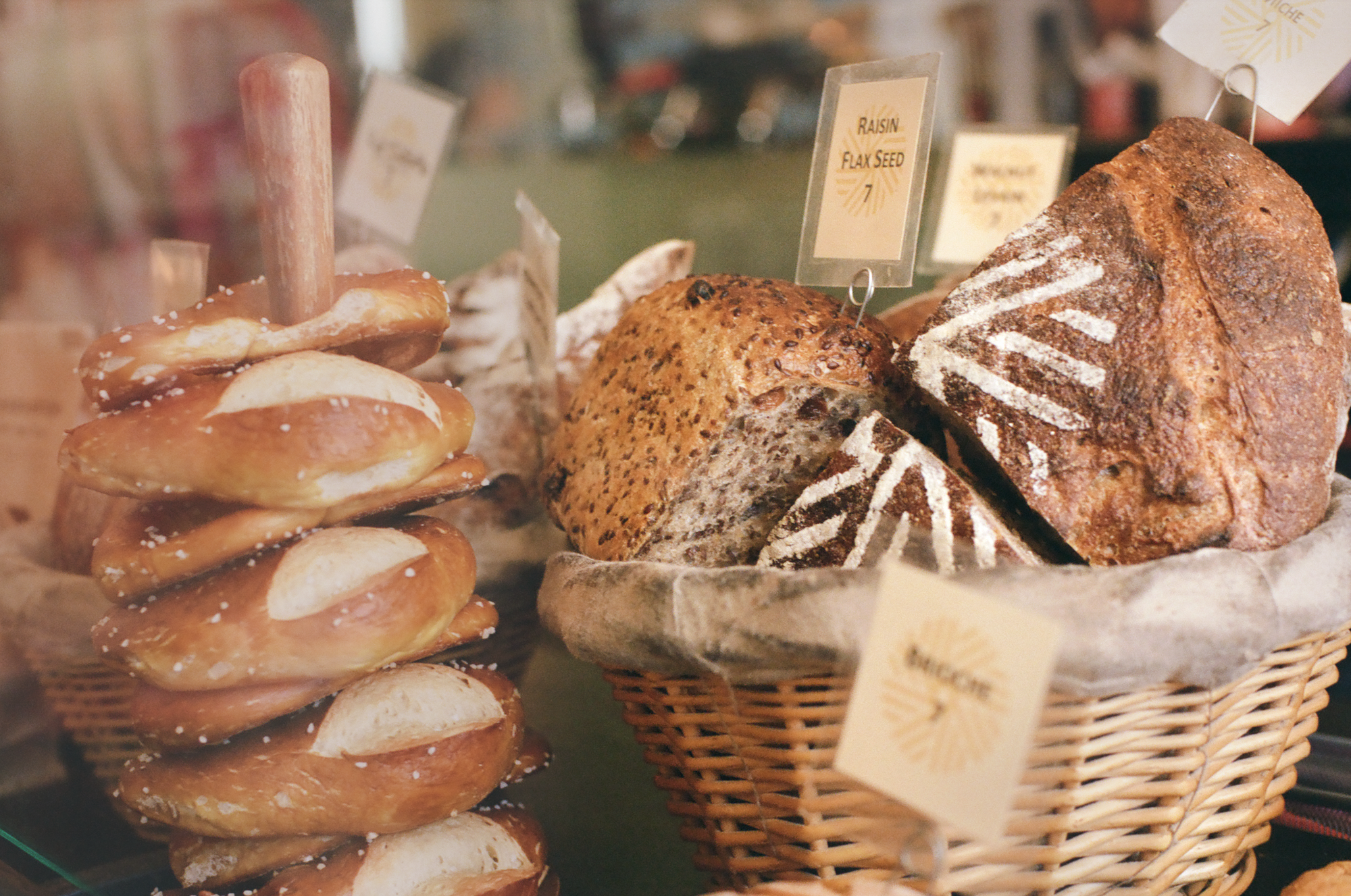
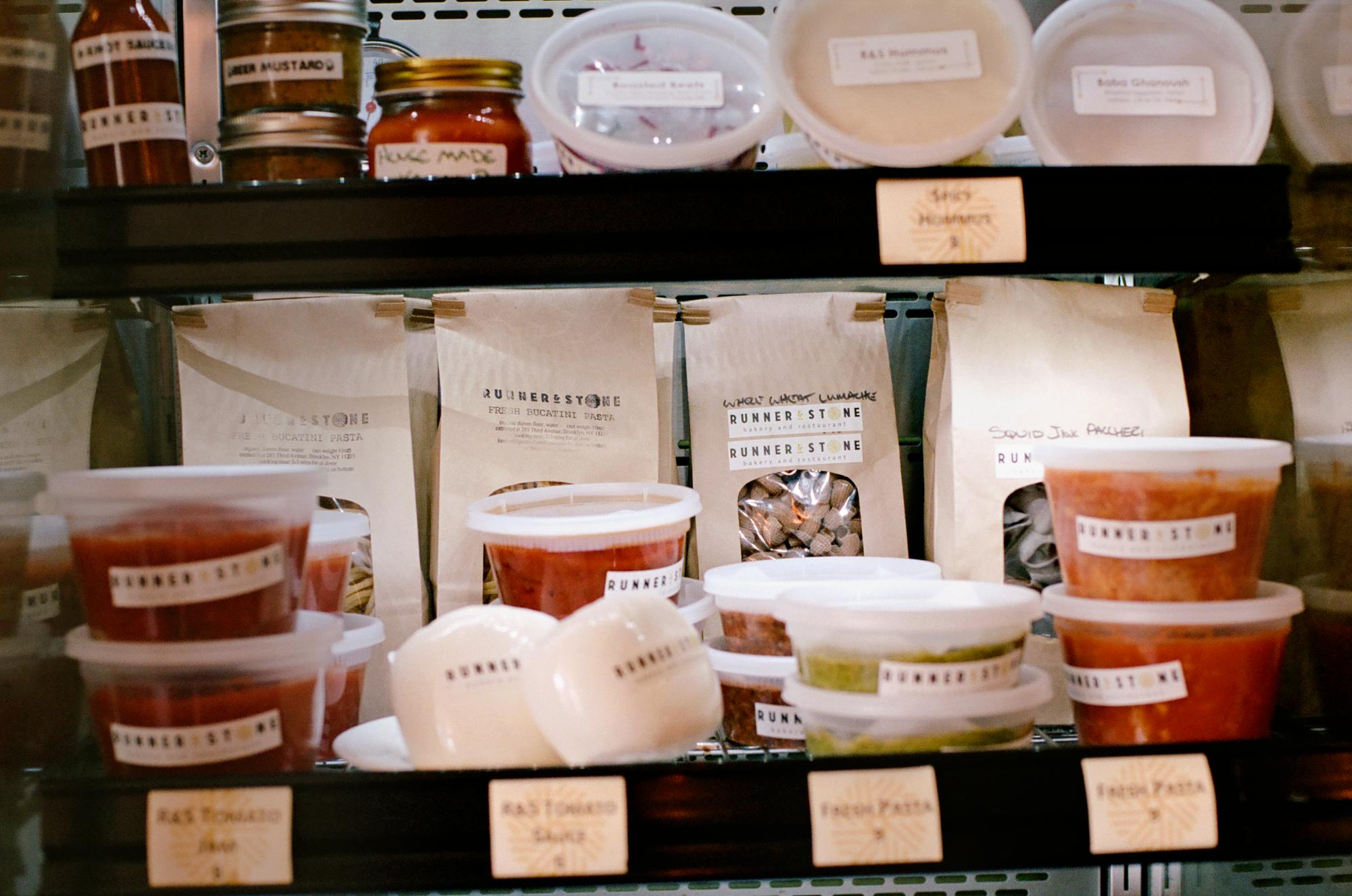
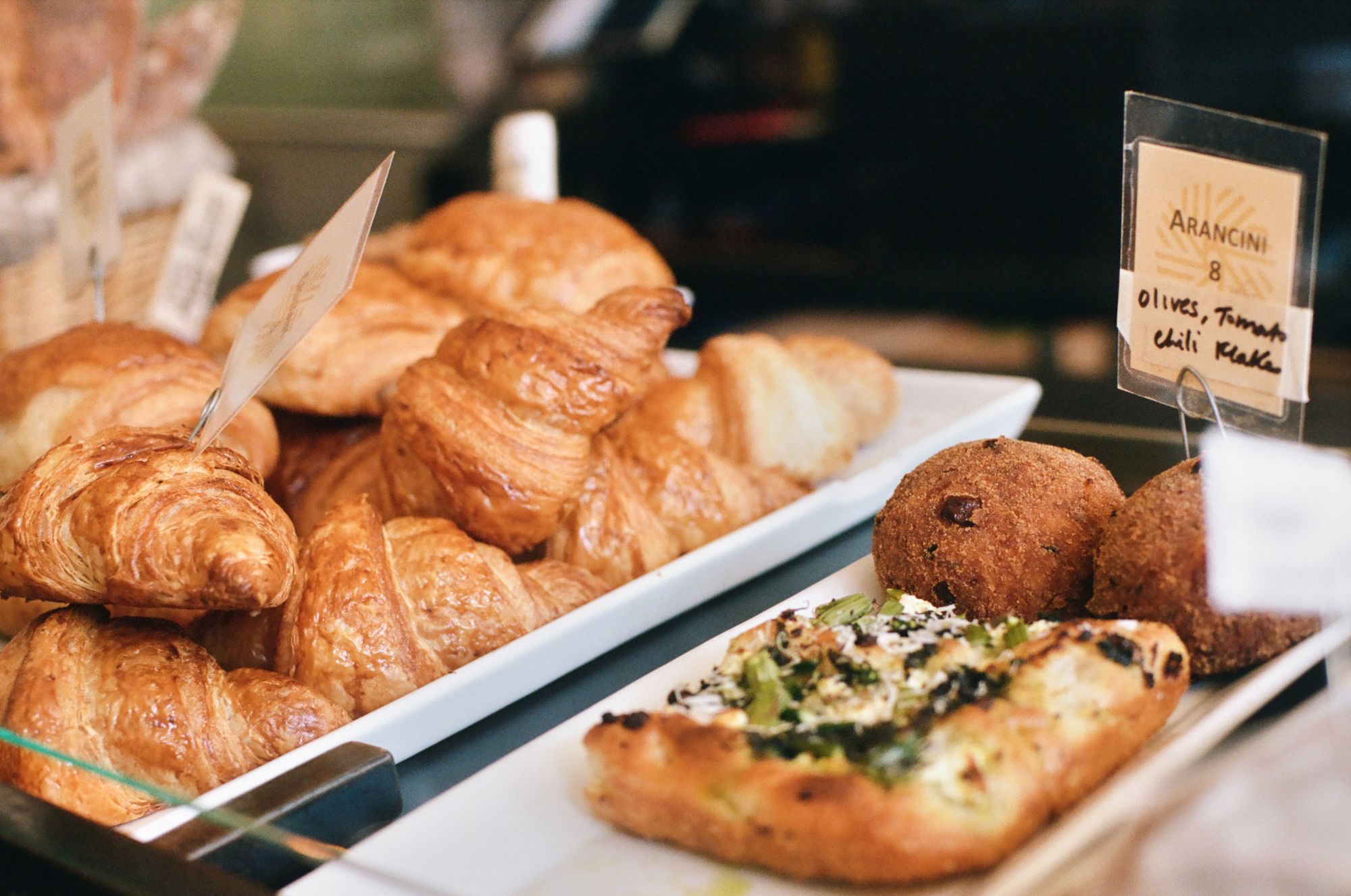
“LEV bread is a crazy combination of focaccia, laffa, and a bagel. So, I feel it has so much and it's exactly our identity. And bread is so symbolic and specific to me and Daniel.”
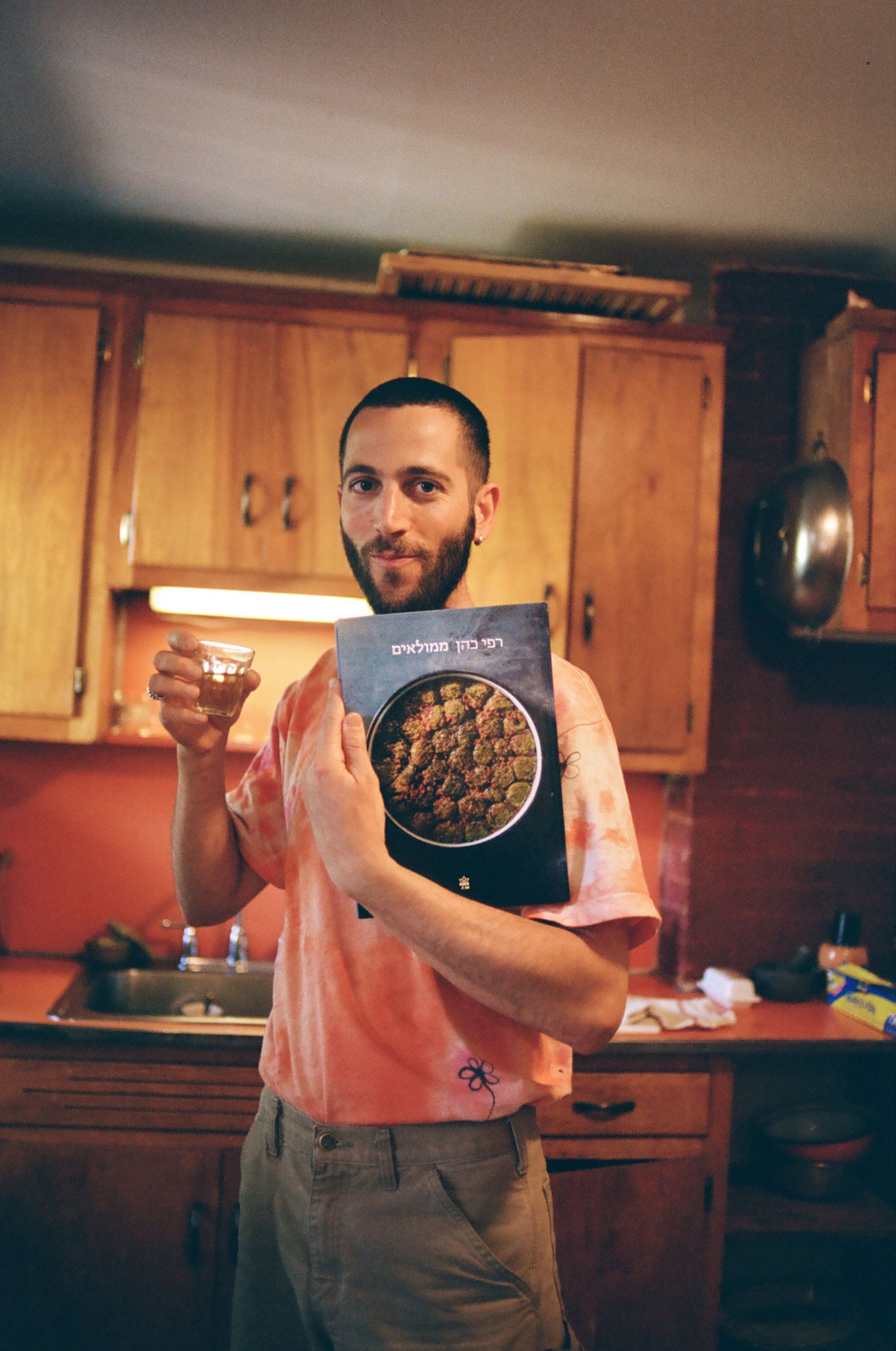
Correction, June 24, 2021: An earlier version of this article incorrectly omitted the sentence “As an Israeli cook in New York, I understand how important it is to especially say thank you to Palestinian culture and cuisine.”
Subscribe to Broadcast